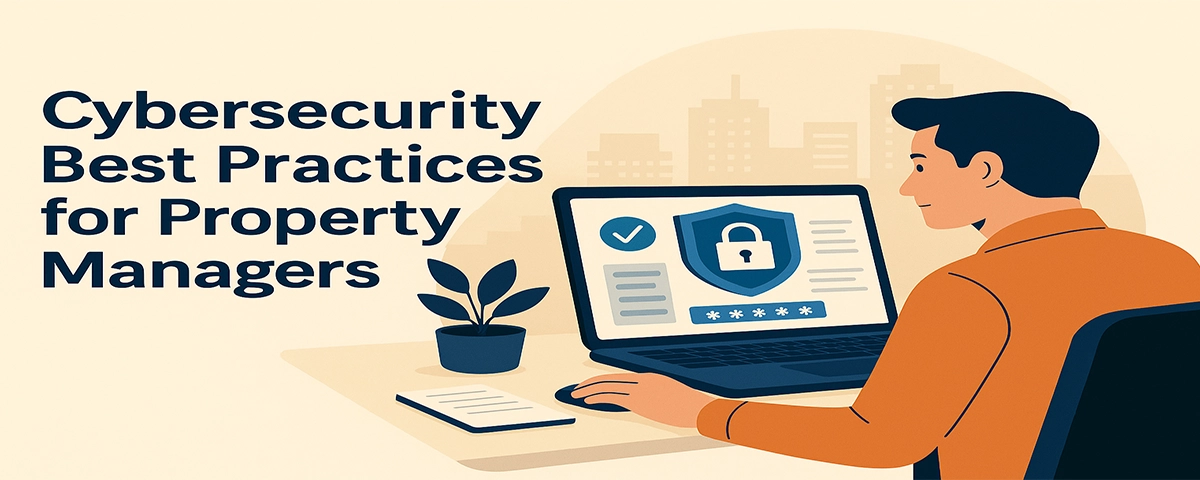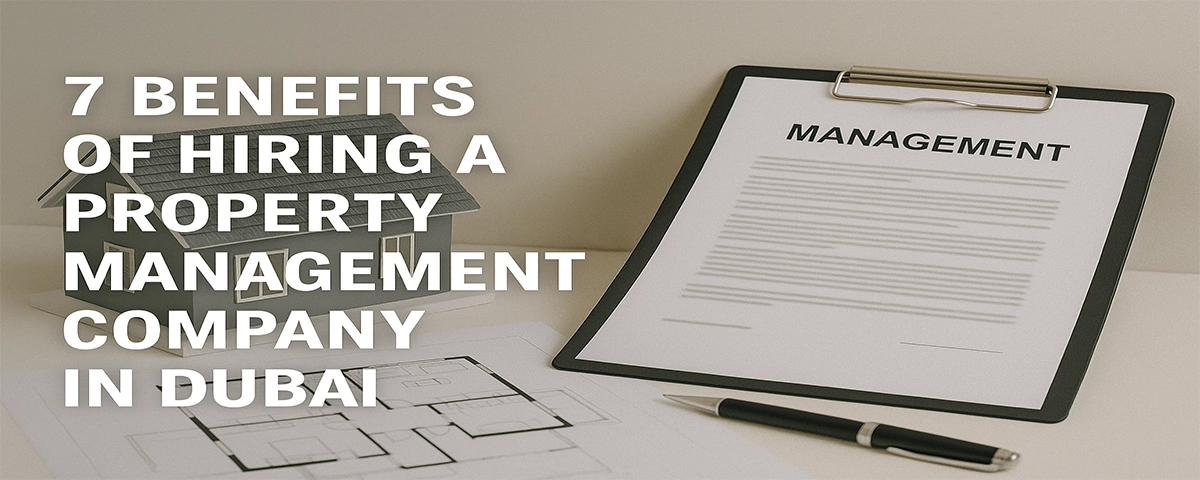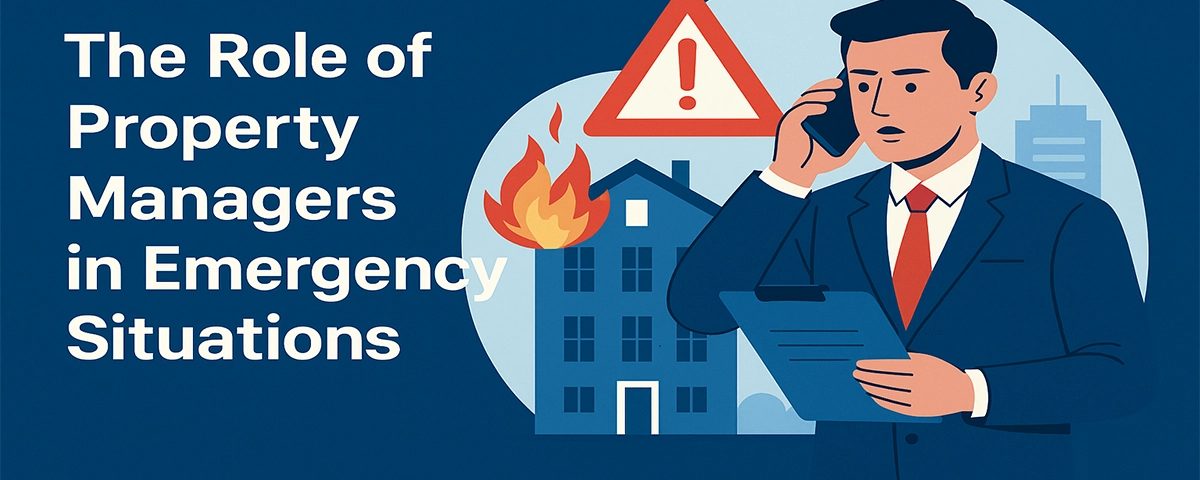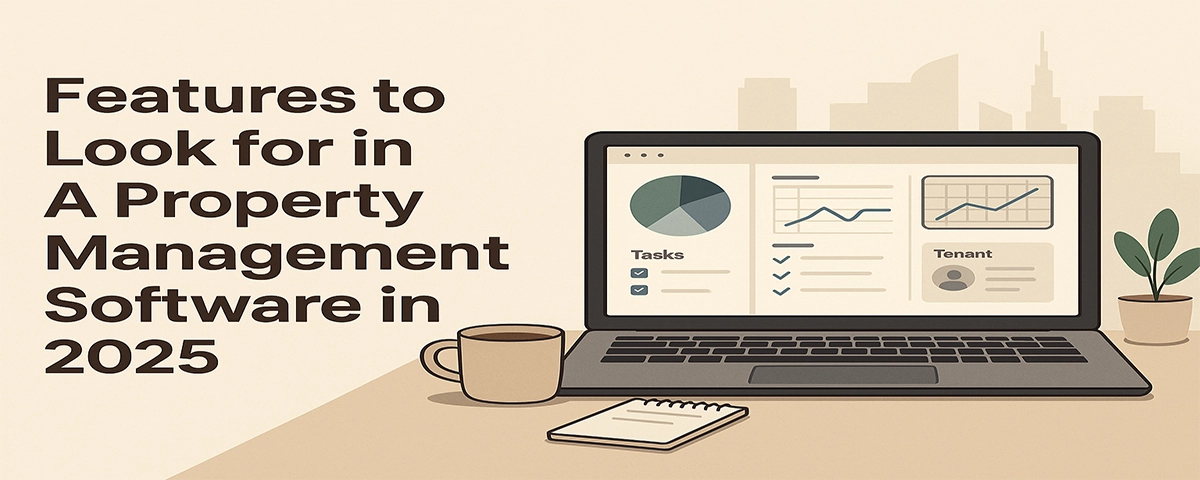In the new tech-savvy real estate landscape, cybersecurity is no longer an IT issue but a business issue. In the UAE where the real estate industry is going through a digital revolution, sensitive data such as that of the tenants, financial transactions and internal business processes are of utmost importance to the property managers.
The cybercriminals are constantly inventing new strategies and small and big property management firms are increasingly falling prey, because these industries handle a lot of personal and financial information. Regardless of whether you are an owner of a few or many buildings, strong cybersecurity must be included in business continuity, regulatory compliance, and tenant confidence.
And here are some of the most critical cybersecurity habits applied to property managers in the UAE that can assist you in minimizing cyber risks and keeping threats at the distance.
Why Cybersecurity is Crucial to Property Managers
Property managers on a daily basis are handling a goldmine of valuable data, identity documents, contact details, bank details, tenancy contracts and maintenance logs to name but a few. The leakage or theft of this information can have serious legal, financial, and reputation damages.
IT outage in July 2024 The world suffered a system-wide IT outage after a CrowdStrike Falcon software update took out Microsoft systems globally. The case was not a direct attack on property management systems but it exposed a bitter truth that no software or system is a hundred percent resistant. Without security, the consequences of such outages or breaches can be even more devastating in the UAE, where smart buildings and integrated property platforms are becoming more widespread.
Cybersecurity Best Practices for Property Managers:
Below are some common cybersecurity best practices for property managers:
1. Learn to Love Your Data
Start with consciousness. Determine the type of information that your property management firm collects and stores. This may involve:
- Emirates ID copies
- Lease agreements
- Financial transactions
- Records of contractors and employees
- Records of maintenance and inspection
The sensitivity and significance of this data can be appreciated in order to know where security is paramount.
2. Implement Strong Password Policies and MFA
Weak passwords are one of the biggest entry points of cybercriminals. Introduce the following policies in your team:
- Demand complex, unique passwords per log in
- Change passwords regularly
- Passwords should never be shared with other team members
In cases where they exist, demand multi-factor authentication (MFA), especially on administration portals or financial systems. MFA particularly comes in when the team members are operating the systems in other Emirates or in other countries.
3. Keep All Software and Systems Updated
One of the common weaknesses is old software. It may be your property management system, your accounting tools, or the operating systems of the devices your staff are using, whichever it is, ensure all systems are regularly updated with the latest security patches.
UAE property management tip:
Be sure to check the vendor history of regular updates and security updates, in case you are using cloud-based property management systems like Console.
4. Shield Your Network and Internet Connections
The hybrid work environment allows most employees to access sensitive data remotely. Make sure all is remotely accessed safely:
VPN remote logins
- Office Wi-Fi Secure your office Wi-Fi with strong passwords
- Use firewalls and end-to-end encryption on both internal and external communications
- Regularly update router and network configurations
In the UAE, in particular, it is almost a norm to have free Wi-Fi in malls, cafes, and co-working spaces. You should never advise your employees to access sensitive systems using unsecured public networks.
5. Train Your Employees on a Regular Basis
Human error is the most significant source of cybersecurity attacks. Carry out regular cybersecurity awareness training on:
- Detection of phishing and social engineering attacks
- What to do with suspicious links or e-mails
- Best practices of data storage and sharing
- Physical controls (e.g., not leaving a laptop unattended)
Training does not have to be complex. Even shorter security tip emails or monthly reminders will be sufficient.
6. Crypt Your Information
Encryption is an assurance that in case your information is intercepted, it could not be deciphered or utilized. Use encryption:
- In transit – when the data is being transferred, e.g. when sending an email, or uploading to the cloud.
- Inactive – when the data is stored at rest, such as on your device, a server, or in cloud storage.
Identify a software vendor and cloud service providers that have AES 256-bit encryption or above and verify their data handling policies at least twice, especially in their compliance with the UAE data protection laws.
7. Limit Access with Role-Based Permissions
Not everything in your office needs to be available to everyone. Apply role-based access controls on your systems:
- Give the minimum privileges to every user
- Revoke access when a role changes or when an employee leaves
- Monitor access logs and identify unusual activity
This helps to counteract the impact in the event that an employee account is compromised or misused.
8. Conduct Regular Security Checks
As in the case of property inspection that identifies wear and tear at an early stage, cybersecurity audits help in identifying weaknesses before hackers. Schedule:
- Restudy of the internal systems after 6 months
- Third party audits on an annual basis
- The penetration testing to identify how your systems are vulnerable to an outside attack
9. Backup Your data on regular basis:
A ransomware attack or deletion can put your operations at a standstill. Make a regular backup schedule:
- Have both on- and offline (e.g., external hard drives) and cloud backups
- Conduct a backup restore on a monthly basis
- Make backup copies and encrypt them, restrict accessibility
The other alternative which can be used by businesses in UAE is to use the regional data centers which abide by the local laws so that they can be more legally covered.
10. Have a Plan of Incident Response
Even the best protection cannot make any system completely safe. This is the reason why you need incident response plan (IRP) a clearly defined set of steps that can be followed by your team in case of a breach. You need to have a strategy which will entail:
- Who to tell in the company
- Isolation of infected systems How
- The time and manner to talk to tenants or vendors
- Legal requirements of UAE data protection law
- Corrections and after-incident analysis
Companies may look at international frameworks or refer to manuals like the ones offered by the Australian Cyber Security Centre, which includes templates to develop your own IRP.
11. Safe Property Management Software
Your company is software driven, make the correct choices. Find outlets that offer:
- Built-in encryption
- Secure data hosting (preferably locally)
- Automatic updates
- Audit trail of user activity
- Accidental customer service Specifics
Security providers at the enterprise level like Console have security that is tailored to fit into the real estate industry and they may be a good fit to the companies in UAE with large portfolios.
12. Work with Cybersecurity Professionals
In the event that you lack an internal IT department, you may partner with a local cybersecurity firm in the UAE. Managed IT service providers can:
- Real time monitoring systems
- Assistance in compliance (e.g. ADGM or DIFC laws)
- Assistance in the healing after accidents
- Offer 24-hour support and warning of threats
Cybersecurity is a teamwork and professional consultation can be a game changer.
Final Words
As the UAE cities, including Dubai, and Abu Dhabi persist their push towards smart buildings and digital-first services, cybersecurity will become an even more important issue to property managers. Tenants give you their most secretive information- what you do with it talks volumes about your professionalism and sense of honesty.
By applying the best practices presented in this article, you can overcome the threats, continue doing business and build long-term confidence with tenants, landlords, and partners.



